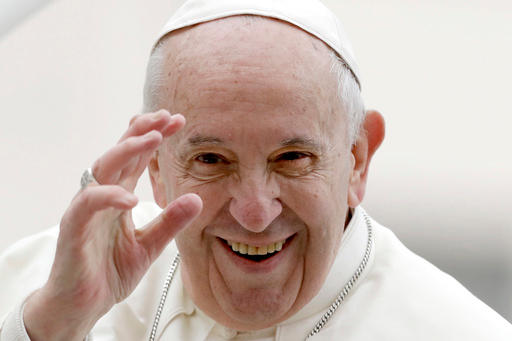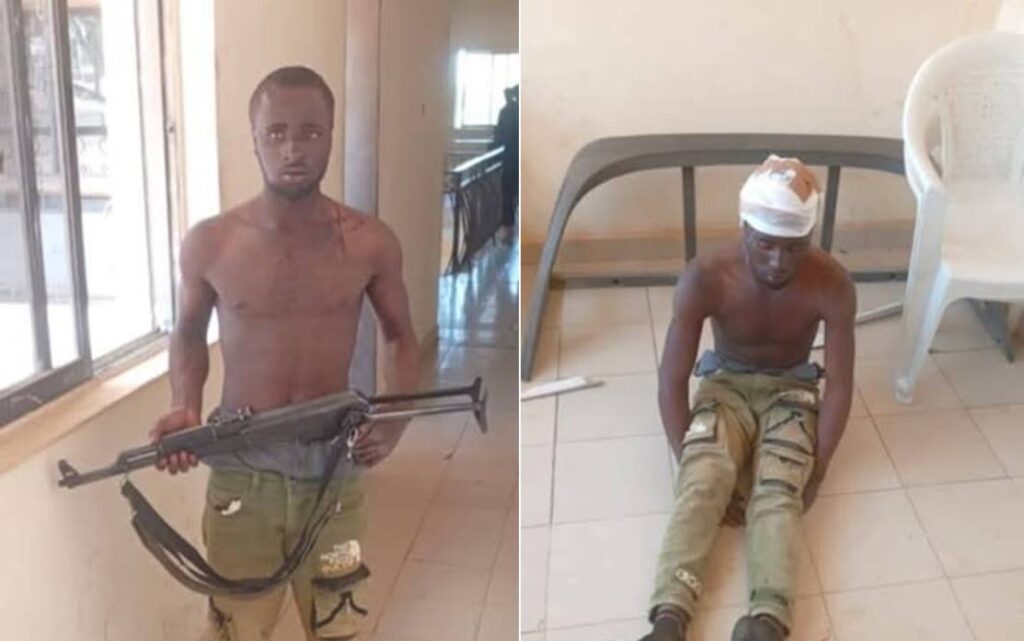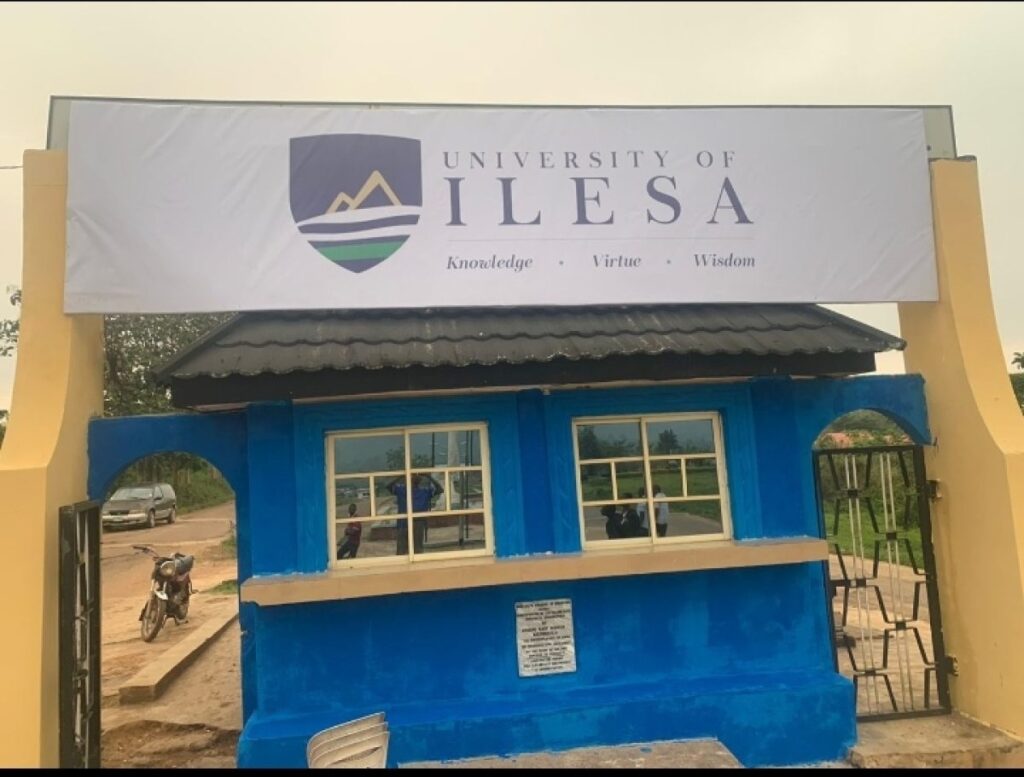GistNexus – April 21, 2025.
Pope Francis, the first Latin American pope and a transcendent leader of the Roman Catholic Church, died on Monday at the age of 88. His passing was formally announced by Cardinal Kevin Ferrell inside the chapel of Domus Santa Marta, his Vatican City home. This morning at 7:35, the Bishop of Rome, Francis, came back home to the Father. He dedicated his entire life to serving the Lord and his Church,” Ferrell proclaimed solemnly.
Church bells tolled throughout Rome as news of the death of the pope brought an end to a record 12-year papacy. Pope Francis, born Jorge Mario Bergoglio in Buenos Aires, Argentina, was elected the 266th pope of the Roman Catholic Church on March 13, 2013. From his first humble “Buonasera” (“Good evening”) welcome to the crowds in St. Peter’s Square, it was clear that his papacy would be unconventional.

Francis brought simplicity and mercy to the papacy, living a life that depicted humility in every aspect. He resided in a guesthouse in the Vatican rather than in the Apostolic Palace, preferred orthopedic shoes to papal red slippers, and traveled in diminutive automobiles. Named after St. Francis of Assisi, the friar from the 13th century known for being a nature lover and protector of the poor, the pope pleaded for the cause of the poor and vulnerable while in office.
Recent News
Even while he suffered chronic ailments—such as a lung that was partially deflated since his younger years, colon surgery in 2021, and regular use of a wheelchair during the last few years—Francis remained an omnipresent figure on the world stage. His final public appearance was Easter Sunday, just a day before he died. Though weak, he waved from the venerable loggia of St. Peter’s Basilica, blessed the faithful, and even took a short ride in the popemobile, drawing deafening applause from tens of thousands who had turned out to see him.
Reform, Controversy, and Compassion
Pope Francis was elected on a mandate to sweep clean the Vatican’s opaque finances and bloated bureaucracy. But he proceeded to shake the world church with his calls for inclusivity, eco-friendly living, and economic justice. “Who am I to judge?” he famously replied in 2013 when asked about gay priests. That five-word answer marked a radical shift in tone for an exclusionary Church that had long been seen as such.
He also received the LGBTQ+ community, liberalized the Church’s attitude to divorce and remarriage, and allowed priests to bless gay couples. Though he took doctrinally firm positions in favor of limiting abortion and perpetuating the priesthood being exclusively for males, he gave women expanded roles in Vatican administration and rights to vote at Vatican synods. His making Sister Nathalie Becquart the first high-ranking woman was hailed as a watershed. “Had to do with changing a dynamic of domination.to a dynamic of cooperation,” she said.
Recent News
Francis’s overtures even reached Muslims, Jews, and the Orthodox world of Christians. He was the first pope ever to visit the Arabian Peninsula, met with Russian Orthodox patriarch and signed a wait-longed agreement with China concerning bishop appointments. His initiatives caused the Catholic Church to be rearranged as more dialogical and open.
But his liberal vision clashed with conservative factions. He became the subject of intense attacks by traditionalists who accused him of diluting Catholic teaching and even labelled him as a heretic. His approval of blessings of gay couples and openness to discussion on remarried Catholics angered many on the right, particularly in the United States. Cardinal Raymond Burke, one of Francis’ most trenchant critics, attributed the Church under his stewardship of becoming “like a ship without a rudder.”.
The pope also lived through serious crises, such as the clergy sex abuse scandals that had long haunted the Church. In one of his biggest mistakes, Francis originally dismissed the abuse allegations of Chilean victims in 2018, in support of a bishop accused of cover-up. In a global outcry, he reversed himself, welcomed the victims to Rome, and called for the entire Chilean episcopacy to resign. He then defrocked high-ranking clerics like former Cardinal Theodore McCarrick and put in place protocols for holding the bishops accountable. While his Commission on Sexual Abuse lost momentum, his resolve to end impunity within the hierarchy did not.
During scandals, Francis repeatedly opted for mercy rather than discipline, and accommodation rather than exclusion. His vision for a “field hospital” church—healing the wounded instead of passing judgment—guided his pastoral plan.
Legacy of a Pope for the People
Francis’s papacy has been marked by a genuine connection with the poor, the poor, and the outcast. “Todos, todos, todos”—”Everyone, everyone, everyone”—has been a rallying cry for his broad-open Church vision. He went to visit with refugees, washed the feet of prisoners, hugged the disabled, and pushed back against exploitation of migrants. His first trip as pope, in 2013, was to Lampedusa, Italy, then at the center of Europe’s immigration crisis, where he decried the “globalization of indifference.”.
During the COVID-19 pandemic, Pope Francis led from behind the Vatican’s closed gates, delivering haunting addresses to empty squares. “We have realized that we are on the same boat, all of us fragile and disoriented,” he said, calling for solidarity and global equity. The crisis became an opportunity for him to advocate for systemic change: “Money must serve, not rule,” he insisted, decrying the global economy as exploitative and unjust.
His environmental encyclical “Laudato Si” (“Praised Be”) was perhaps his most widely read teaching, condemning the devastation of the planet and the greed that goes with it. He warned against transforming Earth into “an immense pile of filth” and urged people to rethink their relationship with nature. The document had an impact far beyond the Catholic faithful, influencing environmental policymaking throughout the world.
But even while he took bold stands on social justice and global warming, Francis faced resistance from within. His crackdown on right-wing bishops, his economic denunciations, and his restrictions on the traditional Latin Mass caused longstanding tension. But he refused to bend, sending high-ranking clerics into exile, exposing financial scandals within the Vatican, and calling for transparency in an institution that had long been shrouded in secrecy.
Born December 17, 1936, in Buenos Aires to Mario and Rosa Castro Bergoglio, Jorge Mario Bergoglio was the oldest of five. He credited learning to pray to his grandmother Rosa and said his religious calling came when he was a teenager during a confession. He joined the Jesuits in 1958 and advanced rapidly through their ranks. His tenure as Argentina’s Jesuit leader coincided with Argentina’s military dictatorship. While he was faulted for not confronting the junta openly, later reports indicated that he employed back channels to salvage lives.
As pope, Francis apologized to native peoples on the Church’s behalf for colonial brutality, visited nations where Christians are persecuted minorities, and welcomed excluded groups, including trans people, to the Vatican. “For Pope Francis, it was always to extend the arms of the church to embrace all people, not to exclude anyone,” Cardinal Ferrell said.
Despite being ill and old, Francis remained active till nearly the end. He was hospitalized in February 2025 with double pneumonia and remained at Gemelli Hospital for 38 days. But he returned on Easter Sunday, blessing the faithful for the final time from the balcony of the Vatican.
The Vatican then enters a weekslong mourning period. The officials will first pay respects in the Santa Marta chapel prior to the transfer of the body to St. Peter’s Basilica for public viewing. There will then follow a funeral and a conclave that will result in the next pope being elected.
As the world reflects on his legacy, Pope Francis will be remembered as a pioneer, a revolutionist, and above all, a shepherd who never stopped reaching out to the margins of society. His papacy leaves behind an irreversibly changed Church.
Recent News

Reported by GistNexus Team and Edited by Mr. Chibueze Onwuka



